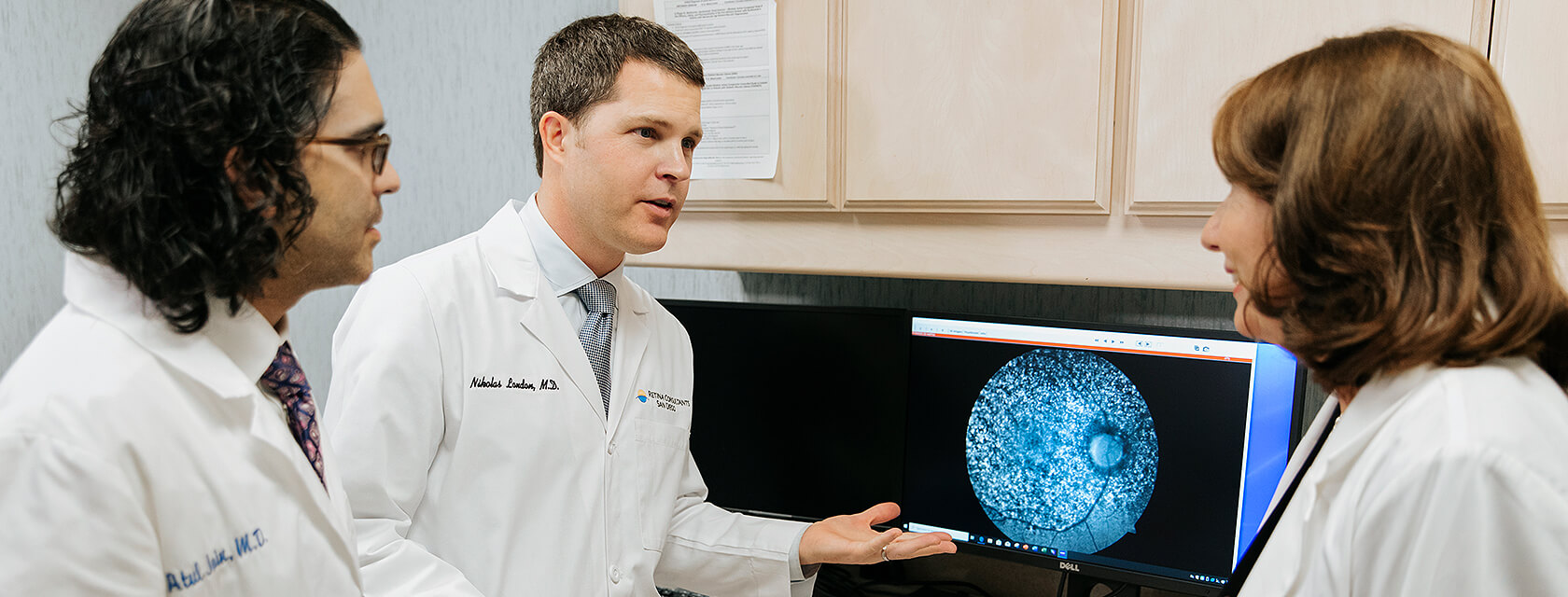Actively Enrolling Clinical Trials
Wet Macular Degeneration
Wet age-related macular degeneration (Wet AMD) is characterized by the development of irregular blood vessels beneath the macula. Left untreated, these vessels can permanently damage the delicate retinal tissue. Prior to approximately 2005, effective treatment options were limited, often resulting in significant vision loss for affected patients.
However, thanks to clinical trials conducted in the early 2000s, we now have highly effective, minimally invasive, and nearly painless treatments. Unfortunately, these treatments require frequent repetition—approximately every 10 weeks—to maintain vision. This can be burdensome for both patients and caregivers.
Excitingly, we are actively collaborating in the development of the next generation of treatment options. These include longer-lasting and even more effective molecules, as well as groundbreaking gene therapy that holds the potential to essentially cure some patients.
Clinical trials offer hope during these transformative times. Below, we highlight some of the trials in which we participate and that are available to our patients. If you believe you, a friend, or a family member might be a suitable candidate, please don’t hesitate to reach out to our research team at [email protected].
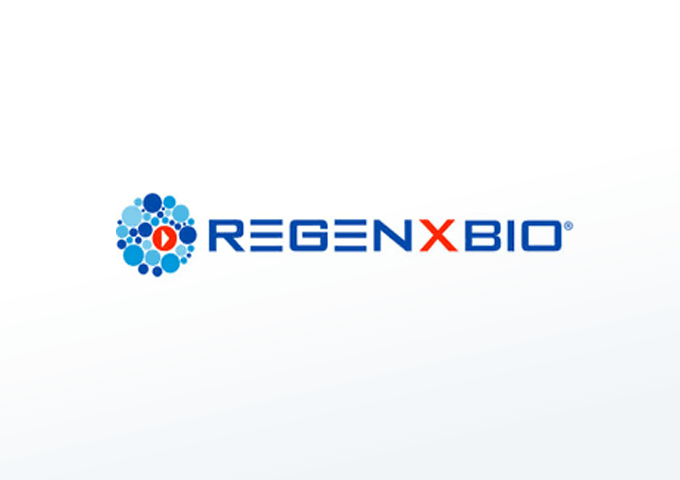
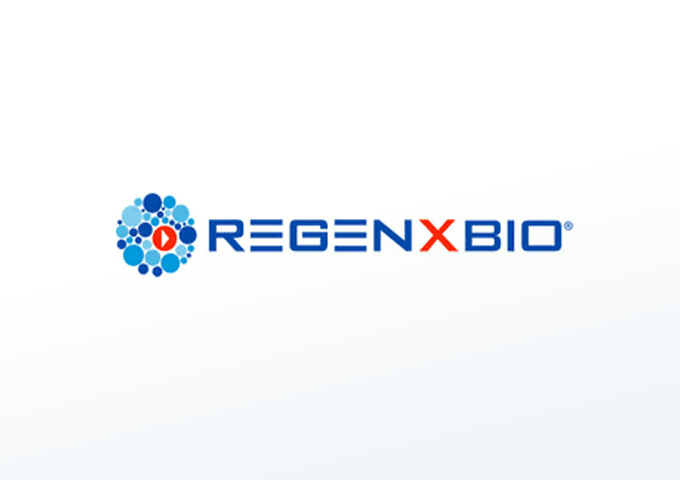
ATMOSPHERE
REGENXBIO (Rockville, MD)
Phase III trial evaluating subretinal delivery of gene therapy for wet AMD.
PI: Nikolas JS London, MD FACS
Status: Active and enrolling
NIH registration: Clinicaltrials.gov
Sponsor website: REGENXBIO
Contact: [email protected]


Ascent
REGENXBIO (Rockville, MD)
A Randomized, Partially Masked, Controlled, Phase III Clinical Study to Evaluate the Efficacy and Safety of RGX-314 Gene Therapy in Participants With nAMD.
PI: Nikolas JS London, MD FACS
Status: Active and enrolling
NIH registration: Clinicaltrials.gov
Sponsor website: REGENXBIO
Contact: [email protected]
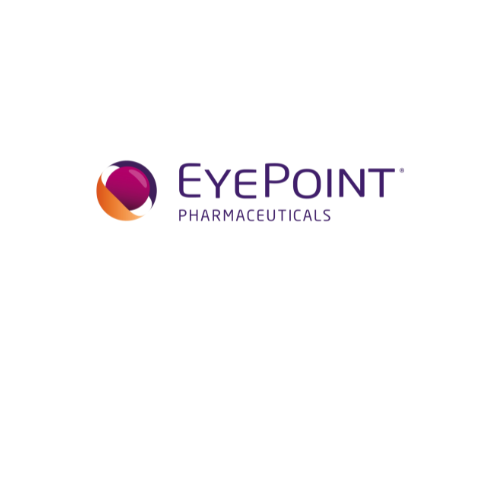

Lugano
EyePoint Pharmaceuticals (Watertown, MA)
A Phase 3, multicenter, prospective, randomized, double-masked, parallel group study of EYP-1901, a tyrosine kinase inhibitor (TKI), compared to Aflibercept in subjects with Wet AMD.
PI: Nikolas JS London, MD FACS
Status: Active and enrolling
NIH registration: Eyepoint
Sponsor website: Eyepoint
Contact: [email protected]


AAVIATE
REGENXBIO (Rockville, MD)
Phase II trials evaluating suprachoroidal delivery of gene therapy for wet AMD
PI: Nikolas JS London, MD FACS
Status: Active and enrolling
NIH registration: Clinicaltrials.gov
Sponsor website: REGENXBIO
Contact: [email protected]
Dry AMD & Advanced Dry AMD (Geographic Atrophy)
Dry age-related macular degeneration (AMD) is prevalent among patients over 60 years old. It is characterized by the accumulation of small deposits, akin to cholesterol, beneath the macula. While these deposits are generally benign, a subset of patients with dry AMD progresses to an advanced stage known as geographic atrophy (GA). In GA, the tissue directly beneath the retina (retinal pigment epithelium) begins to deteriorate, resulting in dense blind spots that gradually expand over time.
For affected patients, everyday tasks become formidable challenges. Reading, driving, and even recognizing familiar faces can become increasingly difficult. However, ongoing research sheds light on the disease process, and numerous molecules are under evaluation to slow down vision loss in these patients. Treatment options include painless eye injections, systemic subcutaneous injections, and cutting-edge gene therapy.
Our unwavering commitment is to help develop effective treatments that prevent blindness in our patients. We persistently explore innovative avenues, leaving no stone unturned in our pursuit of better vision outcomes.
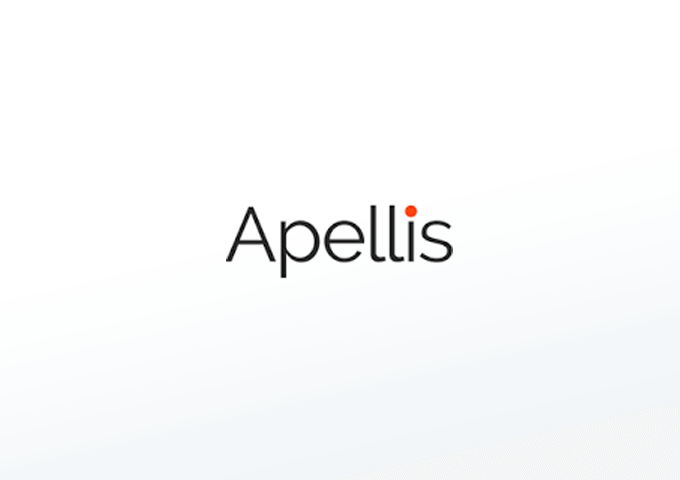
Garland
Apellis Pharmaceuticals (Waltham, MA)
A Prospective, Multicenter, Open-Label, Observational Phase 4 Study to Evaluate Real-World Safety, Tolerability, and Treatment Patterns of Pegcetacoplan (Syfovre) in Patients With Geographic Atrophy Secondary to Age-Related Macular Degeneration.
PI: Nikolas JS London, MD FACS
Status: Active and enrolling
NIH registration: Clinicaltrials.gov
Sponsor website: Apellis
Contact: [email protected]
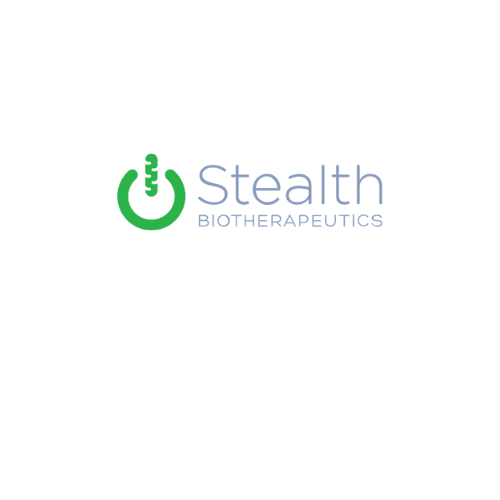

SPIAM
Stealth BioTherapeutics (Needham, MA)
The ReNEW (SPIAM-301) trial is a phase 3, randomized, double-masked, parallel-group, placebo-controlled clinical trial to evaluate the efficacy, safety, and pharmacokinetics of a once daily subcutaneous (SC) injection of elamipretide in subjects who have dry AMD.
PI: Nikolas JS London, MD FACS
Status: Active and enrolling
NIH registration: Clinicaltrials.gov
Sponsor website: Stealth BioTherapeutics
Contact: [email protected]
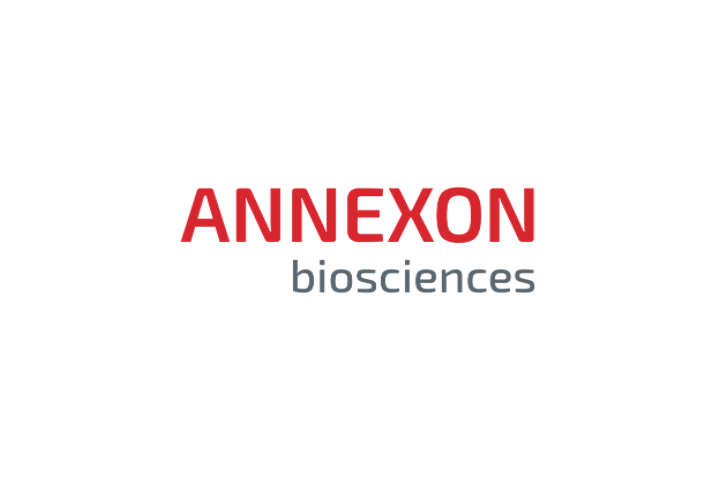

Archer II
Annexon Biosciences (Brisbane, CA)
A study investigating the efficacy and safety of intravitreal injections of ANX007 in patients with GA.
PI: Nikolas JS London, MD FACS
Status: Active and enrolling
NIH registration: Clinicaltrials.gov
Sponsor website: Annexon Biosciences
Contact: [email protected]


Verdant
Boehringer Ingelheim (Ingelheim am Rhein, Germany)
A Study to Test How Well Different Doses of BI 771716 Are Tolerated by People With Geographic Atrophy
PI: Nikolas JS London, MD FACS
Status: Active and enrolling
NIH registration: Clinicaltrials.gov
Sponsor website: Boehringer Ingelheim
Contact: [email protected]


Jade
Boehringer Ingelheim (Ingelheim am Rhein, Germany)
A phase II Trial in Patients With Geographic Atrophy: A Randomized, Double-masked, Placebo-controlled, Dose-finding Study to Evaluate the Efficacy and Safety of BI 1584862
PI: Nikolas JS London, MD FACS
Status: Active and enrolling
NIH registration: Clinicaltrials.gov
Sponsor website: Boehringer Ingelheim
Contact: [email protected]
Diabetic Retinopathy and Diabetic Macular Edema
Diabetic retinopathy (DR) stands as a significant cause of vision loss, particularly affecting the working-age population. In the United States alone, approximately eight million people are affected by this condition. DR arises as a complication of prolonged diabetes, resulting in damage to the delicate blood vessels and neural tissue of the retina.
Even in its early stages, DR impacts visual function, affecting contrast sensitivity, night vision, peripheral vision, and visual acuity. As the disease progresses, patients experience small hemorrhages throughout the retina, central retinal swelling, permanent loss of blood vessels, and the emergence of dangerous new blood vessels. These complications can lead to retinal detachment and severe glaucoma.
Thankfully, intervention can prevent or reverse these complications for the majority of patients. Treatment strategies often overlap with those used for wet macular degeneration. Ongoing research explores potential treatment options such as long-lasting molecules and cutting-edge gene therapy.
Below, we highlight some of the active studies at RCSD. Feel free to reach out to us to determine if any of these trials align with your needs.


ALTITUDE
REGENXBIO (Rockville, MD)
Phase II trial evaluating suprachoroidal delivery of gene therapy for diabetic retinopathy.
PI: Nikolas JS London, MD FACS
Status: Active and enrolling
NIH registration: Clinicaltrials.gov
Sponsor website: REGENXBIO
Contact: [email protected]
Community Partnership Trials:
In clinical trials led by a local Primary Investigator, RCSD serves as the partnering retina specialist for exams, immediate diagnosing, and addressing any changes in ocular condition. Community partners may also request access to our database of patients with specific pathologies. We prioritize patient privacy and do ont share our database with any outside entity. When considering new trial partnerships, our physicians recommend eligible and interested patients individually. To be considered for a trial run by RCSD or a local community partner, inform your physician of your interest or give us a call today!


Gordon Shanzlin New Vision Institute
On-Point Vision (Aliso Viejo, CA)
Protocol: CIIPCL AMD-MAG-23
Trial Objective: Evaluate the safety and efficacy of the AccuraSee Intraocular Pseudophakic Capsular Lans (IOPCL) Magnifier (MAG), in improving uncorrected near vision in subjects previously implanted with a PCIOL. Approved IOLs: Alcon, SN60WF, SA60WF, SN60AT. J&J, ZA9003, ZCB00, Carl Zeiss CT Lucia. There are qualification criteria that will be reviewed prior to enrollment such as no history of Retinal Detachment.
PI: Julio Echegoyen, MD
Status: Active and enrolling
Sponsor website: On-Point Vision
If you are a RCSD patient and you are interested in learning more, please send an email to [email protected] or give us a call at 858-451-1911.
Contact: [email protected]
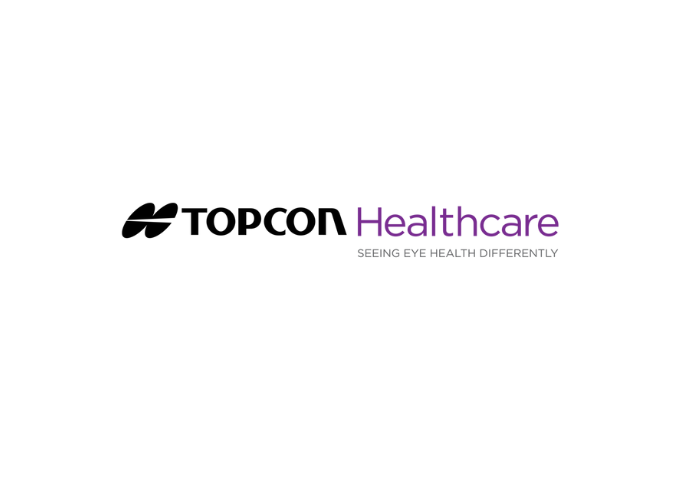

Topcon Healthcare Innovation Center
Topcon Healthcare (Oakland, NJ 07436)
Protocol: CIIPCL AMD-MAG-23
Trial objective: Qualitative and quantitative comparison of FAF-Blue images between the Maestro3 and Triton. Serve as part of the development for cutting edge imaging technology. This is an observational study with the only procedures being a routine eye-exam and non-invasive diagnostic testing. If you tolerate your typical retina specialist imaging routine, you would be a good fit for this study.
PI: Nevin El-Nimri, OD, PhD
Status: Active and enrolling
Sponsor website: Topcon Healthcare
If you are a RCSD patient and you are interested in learning more, please send an email to [email protected] or give us a call at 858-451-1911.
Contact: [email protected]
Retinal Vein Occlusion
Retinal vein occlusion (RVO) is a common vascular disorder of the retina and one of the most common causes of vision loss worldwide. Specifically, it is the second most common cause of blindness from retinal vascular disease after diabetic retinopathy. RVO is classified according to where the occlusion is located. Occlusion of the central retinal vein at the level of the optic nerve is referred to as central retinal vein occlusion (CRVO). Obstruction at any more distal branch of the retinal vein is referred to as branch retinal vein occlusion (BRVO).
Elmiron Maculopathy
Elmiron, otherwise knows as pentosan polysulfate sodium, is a commonly-prescribed medication for the treatment of interstitial cystitis. In fact, it is one of the only treatment options for this conditions. Within the past few years, retina specialists have discovered a toxic effect of this medication on the macula. Using unique diagnostic modalities including dark adaptation, macular microperimetry, fundus autofluorescence, optical coherence tomography, and color photography, we at RCSD are analyzing the effect of this maculopathy on visual function as well as following patients to learn how the damage changes over time. Interested patients should contact our appointment desk for a routine appointment, and any of our physicians can arrange for an appropriate workup.
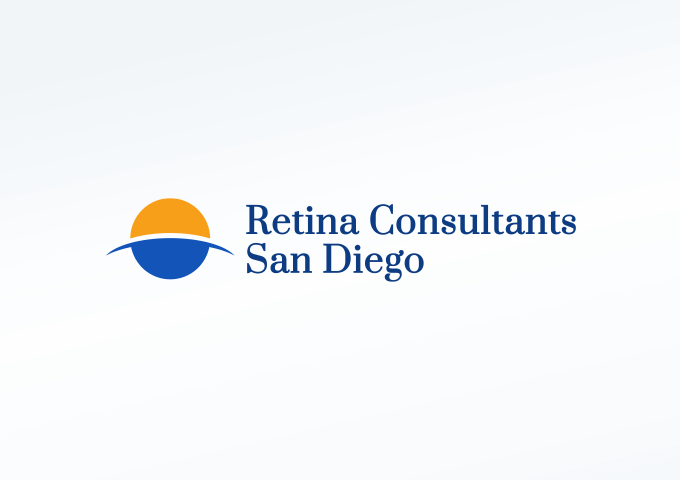
Retina Consultants San Diego (Poway and La Jolla, CA, USA)
Multimodal imaging for Elmiron maculopathy
PI: Nikolas London, MD FACS and Anne Hanneken, MD
Peer-reviewed Publications
Our doctors have been published in top scientific journals.

